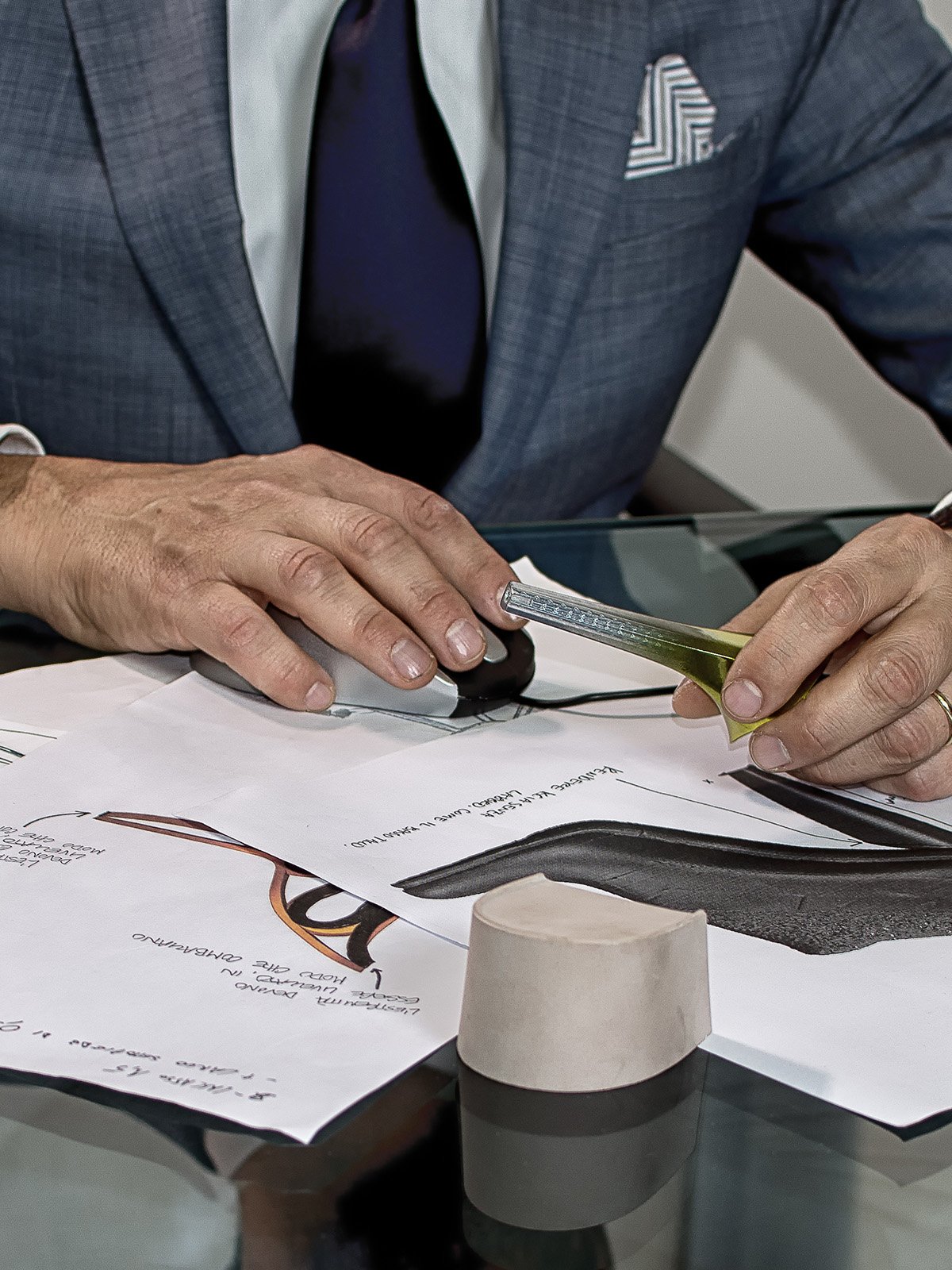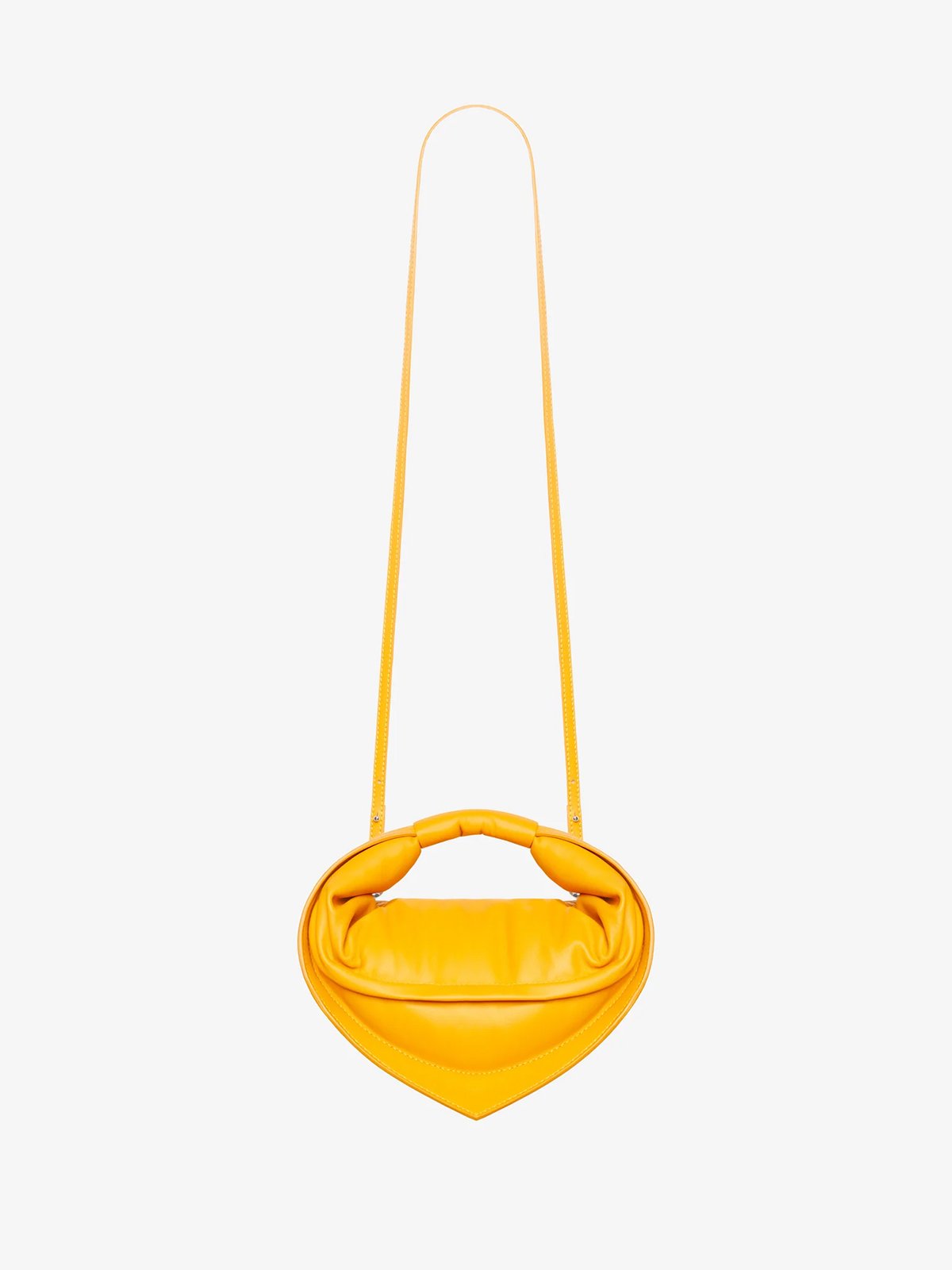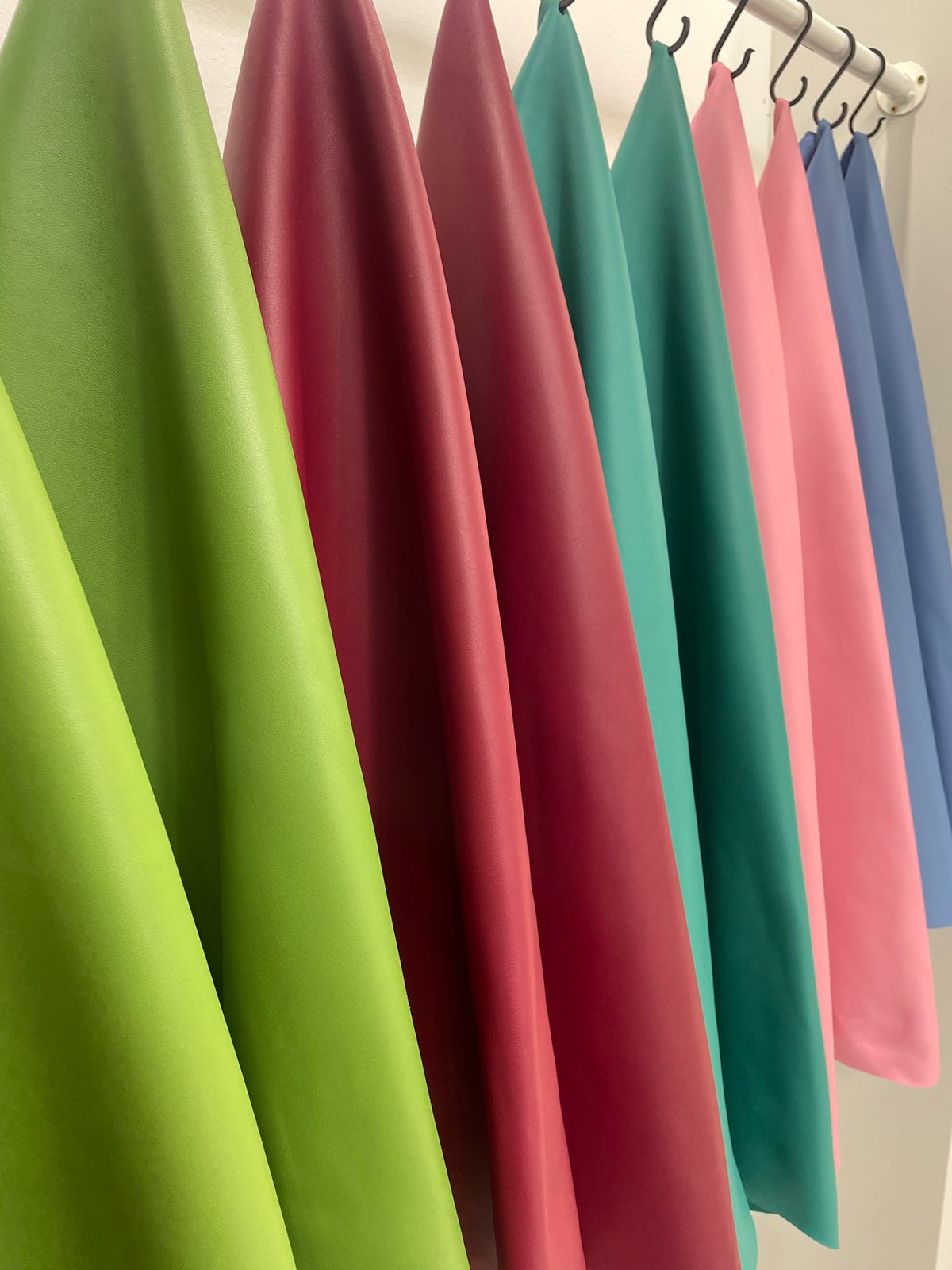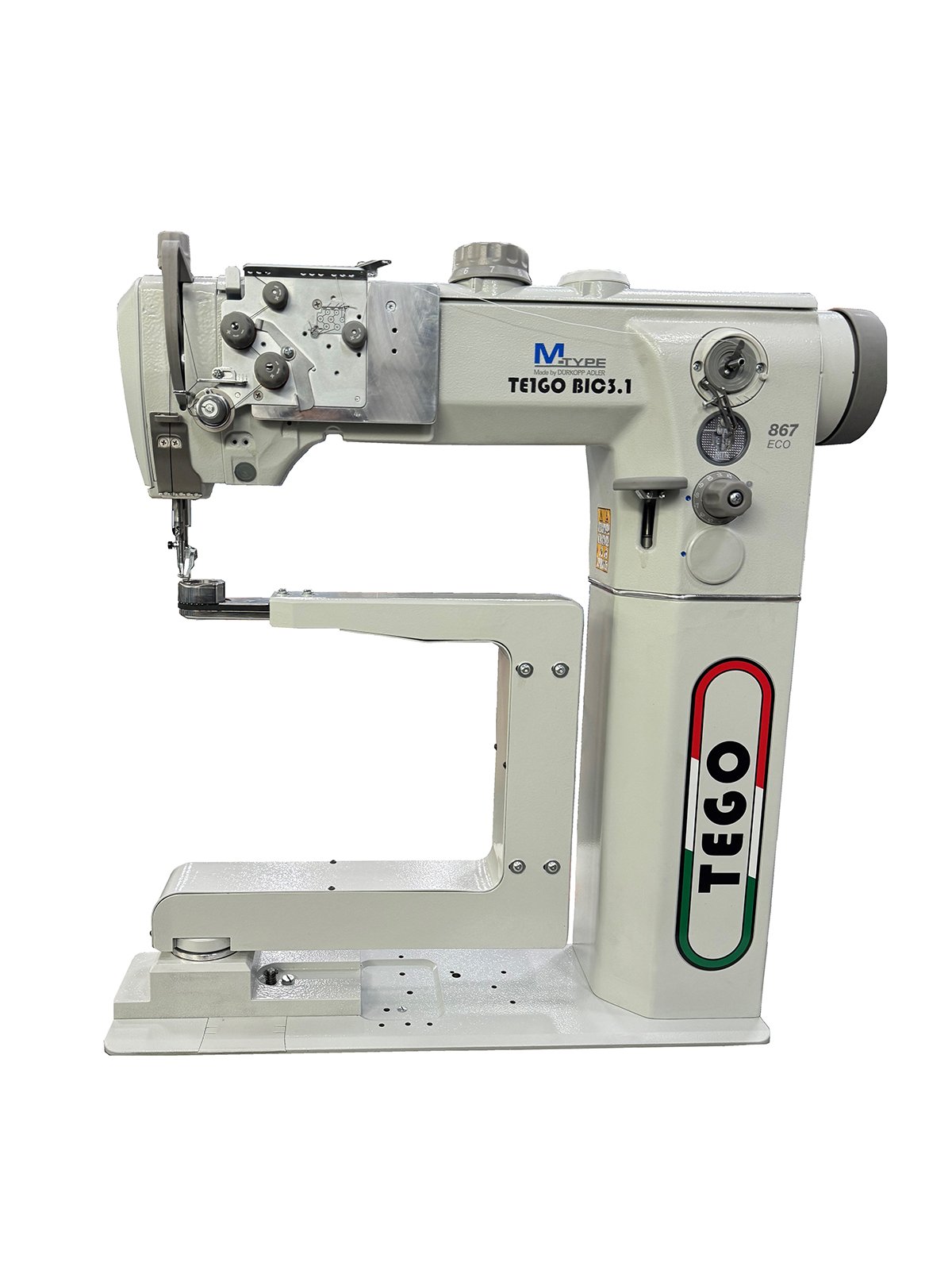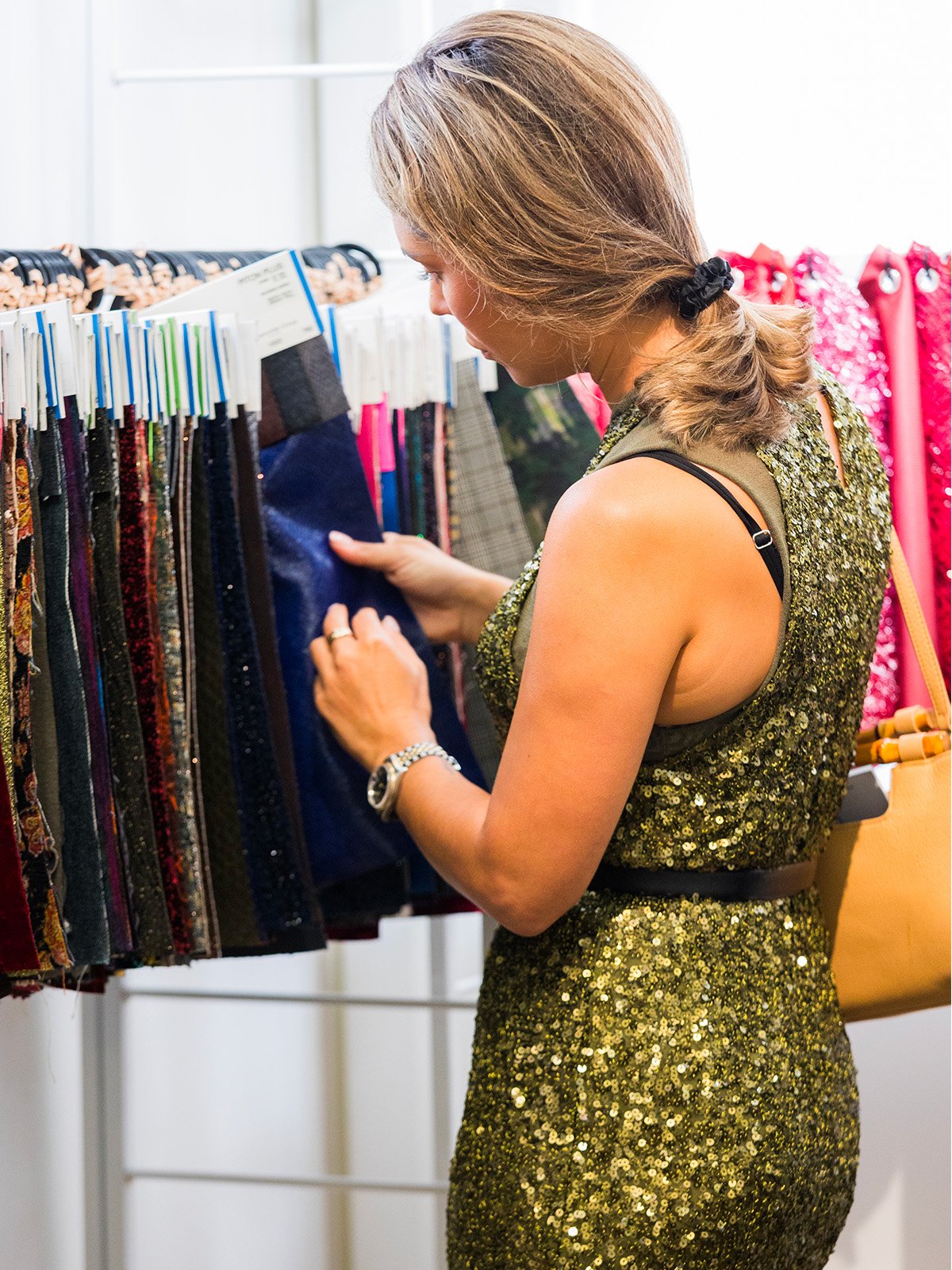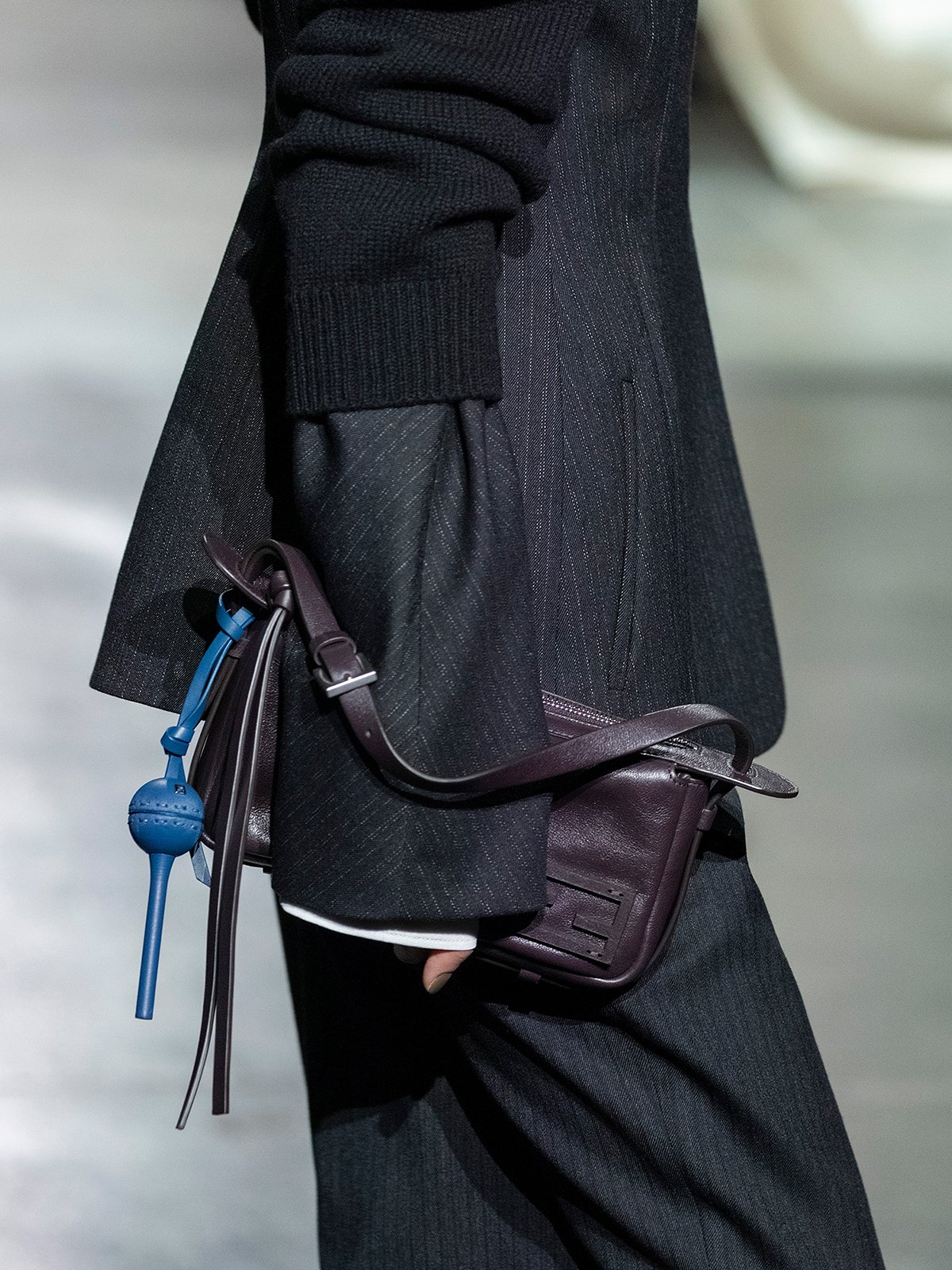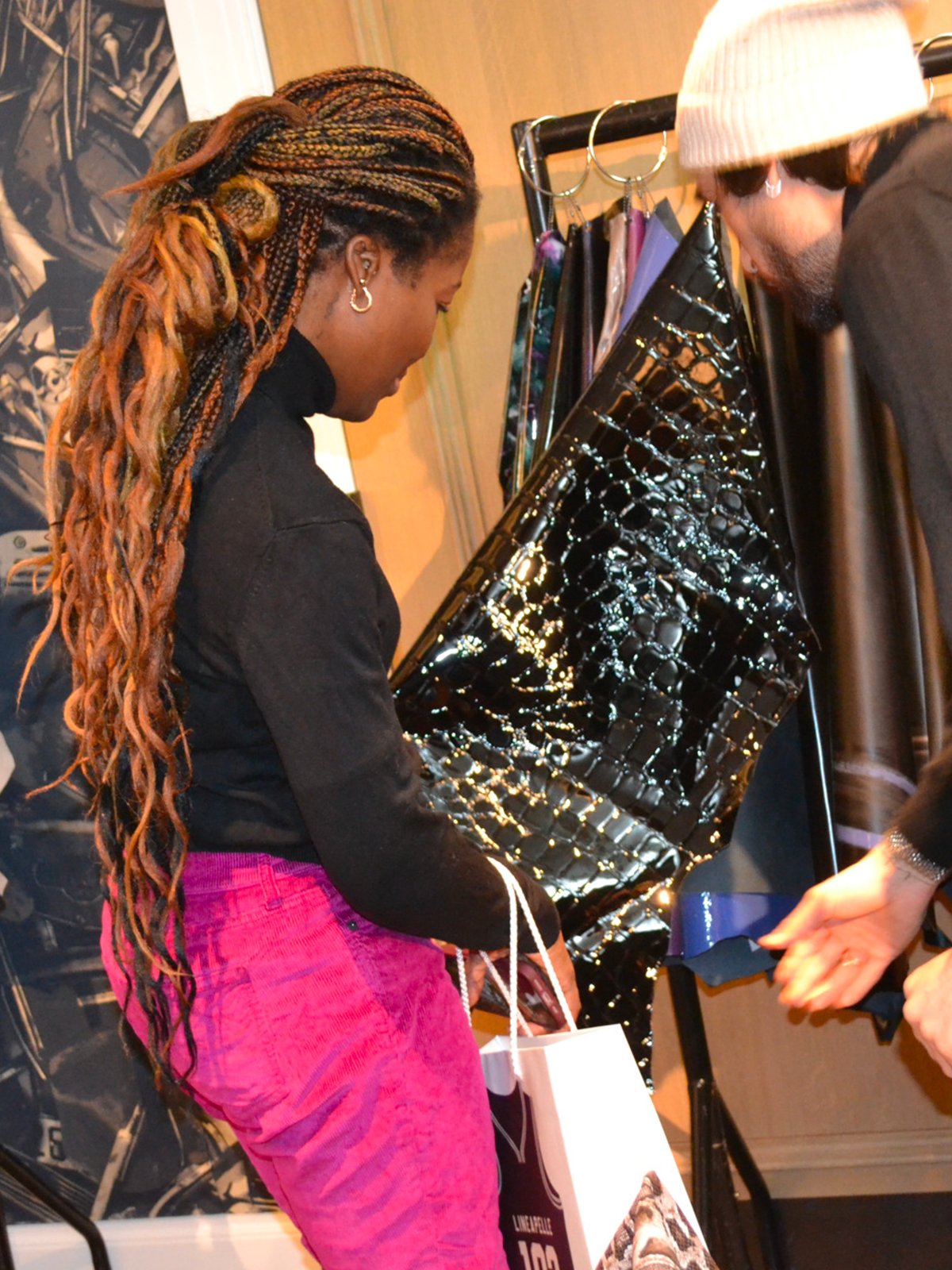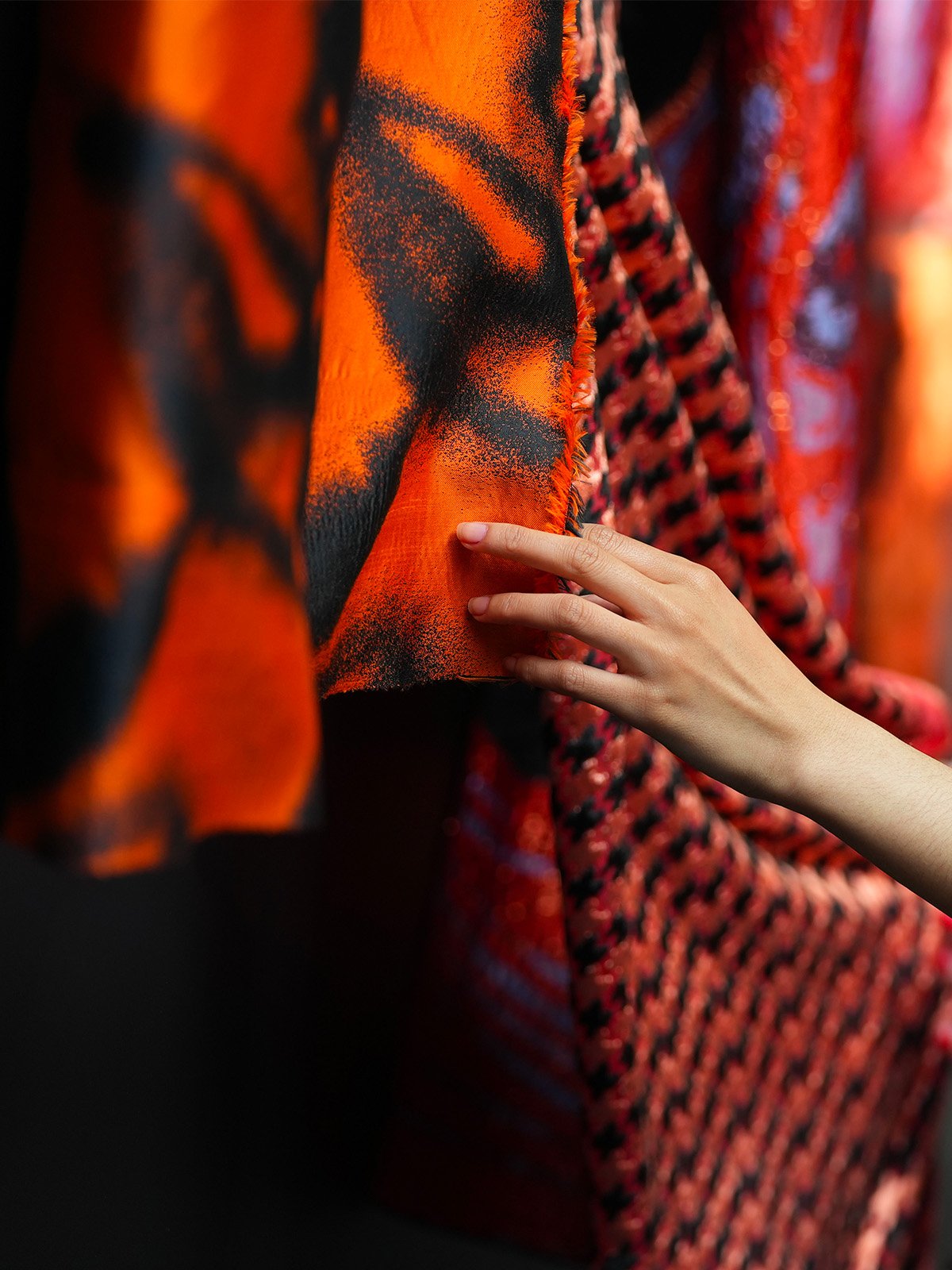News
Young Italians are the most eco-responsible buyers according to Première Vision survey
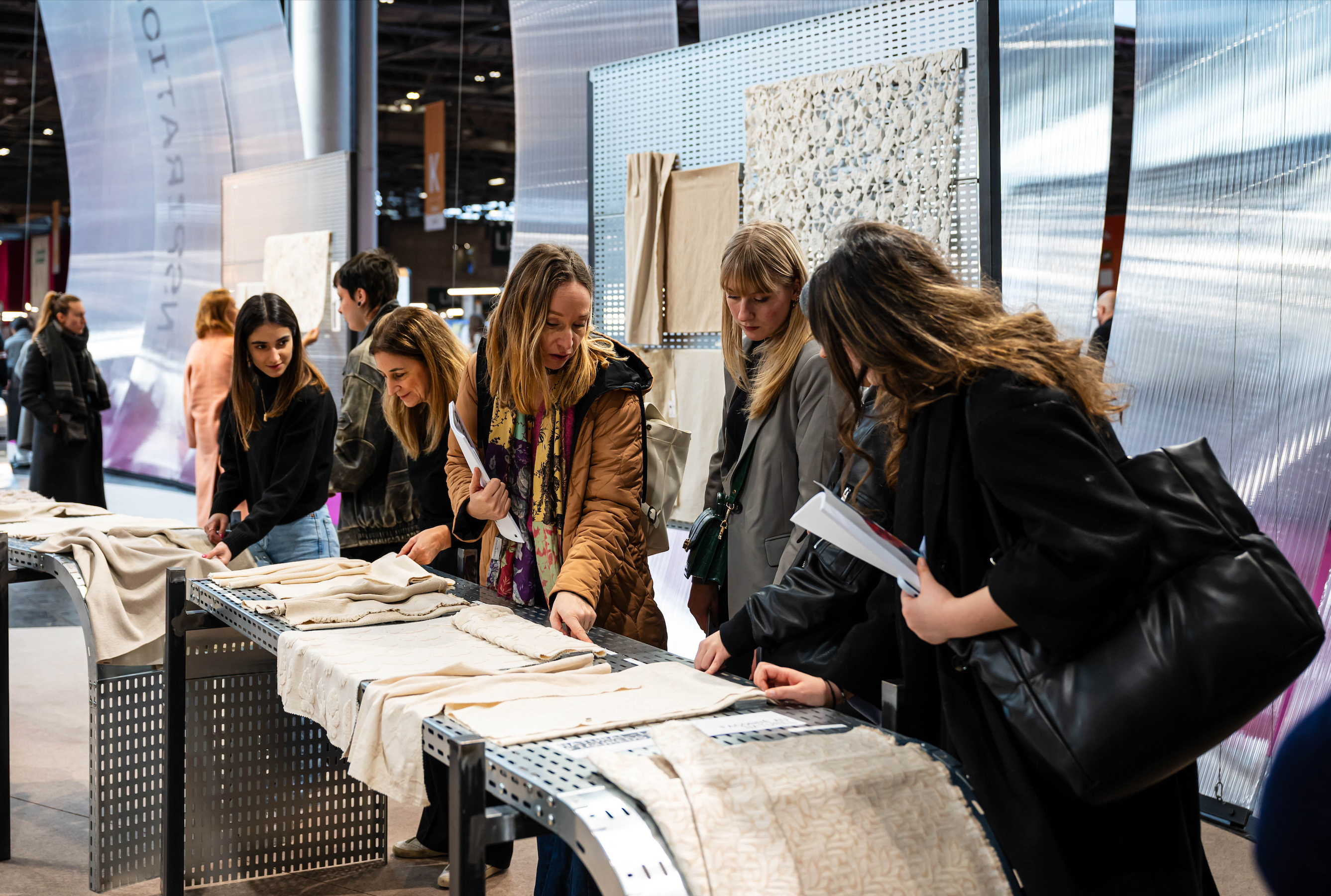
Italy leads the ranking that emerged from the survey published by Première Vision in collaboration with IFM, Institut Français de la Mode, focusing on the eco-responsible fashion behavior of consumers, young adults aged 18 to 24 and 25 to 34.
In fact, out of a sample of 6,000 consumers from five countries (France, Italy, Germany, the United Kingdom and the U.S.), in Italy it turns out that more than half of the population surveyed already buys eco-responsible clothing (52.6 percent), followed by Germany (51.4 percent) while the French stand at 48.8 percent. The survey also shows that the younger the buyer, the more likely he or she is to consume eco-responsible products: thus 58.9 percent of French 18- to 24-year-olds and 55.1 percent of 25- to 34-year-olds. Interestingly, there is a clear gap in behavior between young people in the early 2000s in the United Kingdom (65.7 percent) with the rest of the population as a whole (47.4 percent).
"Eco-responsible consumption in fashion is a fundamental movement, which can be observed as much in the sourcing of materials as in the production or delivery of pieces," comments Florence Rousson, Chair of Première Vision's Steering Committee. "The younger generation, convinced by this practice, now expects brands to go further in their social and ethical commitment, an area where the textile industry has yet to commit to transparency.
The survey continues with the most important criteria chosen by consumers to determine whether a product is sustainable for purchase. The most important one, regardless of the country surveyed, is the choice of materials used: in Italy it is indicated by 46.7 percent of the population. A requirement that is also reflected for the choice of a fashion item in general. Here, in first place for more than a third of Italian, German and American users is the quality of the product, a factor also chosen to define the preferred brands again in Italy (61.4%), Germany (62.2%), the United Kingdom (60.6%) and the United States (67.1%). In France it is the second most cited (54.7%) after price.
If you go down in age, the discourse gradually begins to change. For generations Y and Z, the leading role is appanaged by the social, environmental and inclusive context in which a fashion item is produced. Among young adults born between 1989 and 2000, the criterion of environmental protection slightly outweighs that of the raw materials used. But, for example, 52.4 percent of French people in the 18-24 age group say they choose brands that promote ethical and inclusive working conditions, compared to 26.3 percent of the population as a whole and 38.1 percent of 25-34 year olds.
Other criteria that characterize the purchasing behavior of young generations are transparency and good information conveyed by fashion brands. In these factors young people place high expectations on par with those on the eco-responsibility of a brand. They have a greater desire to know, to inform themselves, and this is something that should not be underestimated if we consider that, for example, in Italy this is the first criterion for which 33.8 percent of people did not buy even one eco-friendly fashion product this year. But in this perspective another factor is price: in France it is the most cited reason (41.3%).

